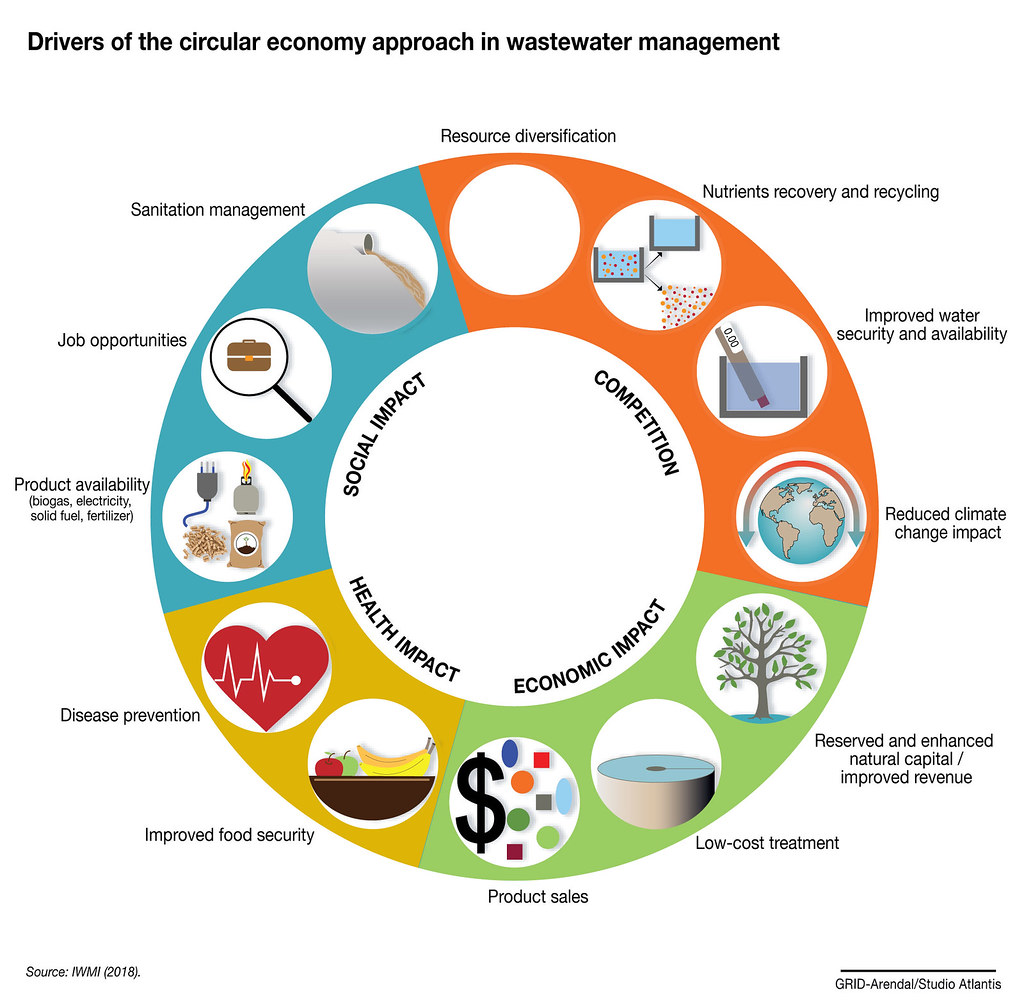The concept of a circular economy has gained significant traction in recent years as a sustainable alternative to the traditional linear economic model of “take-make-dispose.” In a circular economy, resources are kept in use for as long as possible, through recycling, reusing, and remanufacturing processes. One industry that has been at the forefront of advancing circular economy practices is petrochemicals.

The Role of Petrochemicals in the Circular Economy
Petrochemicals are essential building blocks in the manufacturing of countless products we use in our daily lives, such as plastics, packaging materials, textiles, and more. As the world continues to face environmental challenges and concerns over finite resources, the petrochemical industry has been actively exploring innovative ways to reduce its environmental impact and contribute to the circular economy.
Advancements in circular economy practices within the petrochemical industry involve:
- Recycling and Reusing: Petrochemical companies are investing in research and technologies that enable the recycling and reusing of plastic waste. This reduces the need for virgin petrochemicals, saves energy, and diverts waste from landfills or oceans.
- Renewable Feedstocks: The development of bio-based or renewable feedstocks for petrochemical production is gaining momentum. By relying on renewable resources such as biomass or bio-based waste, the dependence on fossil fuels can be reduced.
- Product Design: Petrochemical companies are also rethinking product design, with an emphasis on recyclability and end-of-life options. Designing products that are easier to dismantle or recycle ensures that valuable materials can be recovered and reused effectively.

Case Study: Petrochemicals and Plastic Waste
Plastics are a major environmental concern due to their persistency in the environment and the challenges associated with their disposal. Petrochemical companies are working towards reducing the environmental impact of plastics through innovative recycling and material recovery methods.
For instance, some companies are investing in advanced sorting technologies capable of separating different types of plastics, making recycling more efficient. Others are exploring chemical recycling, which breaks down plastic waste into its building blocks, allowing for the production of new plastics without degrading their properties. These approaches help close the loop on plastic waste and lessen the demand for virgin petrochemicals.
Did you know? According to the Ellen MacArthur Foundation, only 14% of plastic packaging is collected for recycling globally. By adopting circular economy practices, petrochemical companies can reduce this significant waste and its impact on the environment.
The Benefits of Petrochemical Circular Economy Practices
The implementation of circular economy practices in the petrochemical industry offers several benefits:
- Resource Conservation: Circular economy practices reduce the dependency on finite natural resources, such as crude oil, by maximizing the use of existing resources and extending their lifecycle.
- Waste Reduction: By promoting recycling and reusing, petrochemical companies contribute to a significant reduction in waste generation, preventing it from ending up in landfills or polluting oceans.
- Lower Carbon Footprint: Introducing renewable feedstocks and optimizing production processes help reduce greenhouse gas emissions, mitigating climate change impacts.
- Economic Opportunities: Circular economy practices open up new business opportunities, stimulate innovation, and create jobs related to recycling, remanufacturing, and waste management.
Conclusion
Advancements in circular economy practices within the petrochemical industry are paving the way for a more sustainable future. By prioritizing recycling, reusing, and exploring renewable feedstocks, petrochemical companies are playing a crucial role in reducing waste, conserving resources, and mitigating environmental impacts. These efforts not only benefit the planet but also create economic opportunities and contribute to a more sustainable society.





